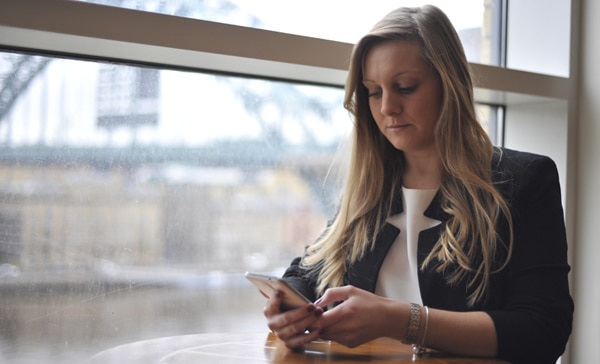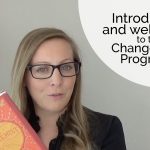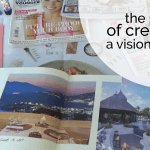
Introduction
When I was 11 years’ old, I was sent to boarding school. Military boarding school. It had long been a dream of my parents to give me what they’d never had: a proper education. And so, in September 1997, when Spice Girls were on the rise and posters from Smash Hits magazines wallpapered most pre-teens’ rooms I packed my case according to the list supplied by the school and went on my way.
Five white shirts. Tick. Five pairs of 40 denier navy blue tights. Tick. Two plaid kilts; one winter one summer. Tick. Everything had my name sewn in. It was bizarre. My mum, who was a tailor in her early days, had sat down one evening and sewn in each label by hand. I know that every stitch hurt: she wasn’t ready for this and neither was I.
I remember looking down that list of ‘required items’ and feeling deeply sad, unable to explain why. It was an adventure, to be sure, but I’d just returned from two years in a french-speaking school in Canada where hockey was played on ice and Celine Dion was the pop princess – everything seemed back to front to me.
What brought the first stream of tears was seeing my new hockey stick. Of all the things to be sad about, I was concerned about how I was going to hit the puck…I mean the ball…with this tiny, stumpy stick. My expectations of life were blown and things were about to get worse.
My dad drove me to the school, took me to my bunk and made my bed. He introduced me to my roommate and before I knew it, he was gone. He thinks I don’t know but I saw the tears burning in his eyes as he sped away. “Be good” he murmured in his broken voice.
I ran back into the boarding house, straight into the toilets. I locked the door, sat on the floor and sobbed. Goodness knows how my dad felt, driving back six hours from Dover to Catterick that night.
The first week was tough. I laid in bed at night and listened to the other girls crying into their pillows. Every so often, matron would come round and whisper “shh girls, get some sleep”. In some ways, I was lucky. Jason (my little brother) and I had moved every two years as kids and so we knew what it meant to pack a case and move on to a whole new world, make new friends and feel alone. But Jason wasn’t here this time. I sobbed too, silently until I fell to sleep.
Bed times were scheduled each night and we were woken up every morning by a hand rung bell. We showered, dressed and went to breakfast in a dining hall (think Harry Potter) with the other 500 pupils. After breakfast, we did our weekly assigned chore – opening the curtains, hoovering the day room, tidying the shoe room – and went to chapel where we sang hymns and listened to a sermon.
Lessons took place six days a week – Monday through to Saturday. Wednesdays, Fridays and Saturdays were half days and the ‘free time’ was mostly filled with sporting fixtures. I was on a few of the teams, hockey and tennis, and I joined a few of clubs like horse riding and pottery (as you do!) and so my time was always filled. It was better that way.
Homework was scheduled in too – two hours every night after dinner. With life being so busy, we rarely had time to ourselves and even when we did, there was no-where to go to be alone.
On Sundays we did parade – full on military parade with a marching band, a uniform and ranks. We paraded according to our house and the sixth formers were our NCOs (non-commissioned officers). There was even an RSM (regional sergeant major) on site, who taught rifle shooting (I joined that club too) and continued the longstanding military traditions of the school. Each Tuesday and Thursday evening we did what was called ‘drill practice’. Come rain or shine, we’d file out of our houses every single week to line up and practice moving in military parade formation.
“Left, right, left, right” the NCOs would shout. “Straighten your arms everyone, lock them out” they’d ball… “point your toes, come on we’re not going in until you get this right” they’d yell, to smarten up our look. Things were competitive at school, and every NCO wanted the best house on parade.
I wouldn’t have minded the whole parade thing so much but I had a serious disadvantage. I couldn’t straight my right arm. When I was born, something went wrong. I was two weeks overdue and was weighing in at 10lbs. My birth was very traumatic and both me and my mum came close to death. As the risked heightened, the doctors took emergency action. It was too late for a C-section and so one doctor put his foot on the bottom of the bed, took hold of me with forceps and pulled with all his might. As he did, the tendons in my right arm stretched and tore. I was born paralysed down my right side and the doctors told my mum I might never recover. “It’s very likely she’s brain damaged Mr. and Mrs. Bean”.
My mum and dad had been trying for a baby for three years. When my mum was finally due to give birth, my dad had booked off his two week’s paternity leave (he’d been in the army since the age of 18) and had come home from Germany. I was two weeks late and so only days after I was born, he was on his way back to Germany, leaving my mum distraught, scared and alone. A day later he was back: “fuck that” he said, and came home. Go dad!
For weeks after my birth, the specialist physiotherapist came round to my nana’s house where we were all staying and manipulated my paralysed arm. One day, I moved my fingers and a miracle was declared. I think that’s why I was always so close to my Nana – we lived with her in those early days and she was there through it all.
As I grew up, I had operations to correct the position of my arm. They helped and I’m beyond grateful. My arm originally stuck out 90 degrees from my body, as if I was constantly about to elbow someone taller than me in the face. The operations rotated my arm so it sat closer to my side making it more discreet and much more functional.
Fast forward to aged 11, though, and things weren’t discreet enough. I hated parade with a passion. It was humiliating, pointless and painful. I dreaded drill practice every single day and it took place twice a week but it wasn’t nearly as painful as parade itself.
On Sundays we went all out. We donned ‘military blues’ – a smart black uniform that was reserved especially for parades – with white shirts, white gloves and parade shoes we’d spend each week polishing. At 10am each Sunday, our NCOs would get us into formation, our hair bound tightly into buns under our berets which bore a family badge.
“AtteeeeeennnTION”, they’d shout and our heads would jolt up from the resting position, our arms would snap to our sides from behind our backs and our right foot would lift and slam down next to our left foot. It was pretty impressive in truth. The noise of the polished parade shoes slamming to the floor in unison could be heard across the school.
My problem was that my right arm wouldn’t go behind my back and it wouldn’t snap to my side either. It just sort of hung there, awkwardly and messily and it didn’t go unnoticed, not by me and not by anyone. How could it? We wore white gloves that seemed to shine out across the parade square, contrasting with the sharp black of the uniform.
Nightmare.
When everyone’s arms were behind their back, hidden from view, my right arm was on display attracting attention and I hated it. I remember, even now, how that felt during those formative years. I prayed to be able to straighten my arm and I hated that I couldn’t. I dreaded every single drill practice and parade and loved those rare days when we had to stay in to polish our shoes, and those even rarer days when parade was rained off. Brilliant!
I spent so much of my time at that school concocting ways to hide this difference in me. Tennis, trampolining, hockey, track, swimming. Everything seemed to make it so damn obvious. I so wanted to blend in – don’t we all at that age, at any age – and so I started a dangerous internal story in my mind: “blend in Lisa, standing out is bad Lisa, people will stare Lisa, you’re different Lisa…”. I actually thought it would stop me making friends, getting a boyfriend, the works.
This was the first thing I learnt about change as I grew up: the stories we tell ourselves are just stories, they’re not the truth and they have the power to hold us back or set us free. It all depends on whether we stand in our stories or stand on top of our stories.
In August 2015, I launched DARETOGROW in Manchester. We had 30 business owners coming to our launch event and I was doing a talk. I was very anxious, not about speaking, but about being back on display, just like I was at school. You see, the messages I’d drilled in to my head on parade all those years ago were still playing in my head like a ticker tape of doom: “blend in Lisa, don’t put yourself on display Lisa, everyone will be looking Lisa”.
I knew, this time, I had to face it and so I weaved the story into my talk alongside stories of Roger Banister and Steven Spielberg.
It was my first public motivational speech and I told the story in all its glory: the parades, the uniform, the white gloves. It was recorded and shared online and that evening I gave a huge sigh of relief. Voicing my fears like that, sharing my private story, was liberating, transformative even.
Today, I’m still very aware of the fact I can’t straighten my arm. I’m not a huge fan of dancing for example and I love it when I have a book or folders to carry in my right arm so I can disguise it. Running looks a little awkward and obviously I’d never attempt a hand stand in the park but it doesn’t affect me in the same way it did. It no longer holds me back from pursuing my dream life.
What I’ve learnt, you see, is that we all have an imperfection like this; an idiosyncrasy we want to hide or disguise with an elaborate range of compensatory manoeuvres. Did you know I love coats, or trousers with pockets for example? The perfect disguise!
What often starts as a difference in all of us can grow into a terrible secret we fear will be exposed. We build it up and up into a monstrous story in our minds and it soon becomes a personal tale of torture that we play on repeat in situations that are totally unrelated. And that’s why it’s so important to take a moment and question the stories we tell ourselves. What is that internal self-limiting tale you tell yourself as you consider a life change or a brave a new activity?
In preparing to write this book, I surveyed over 100 people to find out why they hadn’t already begun to build their dream life and pursue their dreams. 42% of people answered “because I don’t believe in myself”. [Data to be updated]. Why not? At what point in your life did you make a decision about your potential? What is the story you’ve linked to your ambitions?
The story we tell ourselves has the power to push us forward or tie us down. It’s all a matter of perspective. And this is what this book is all about: the stories we tell ourselves, how the limitations we placed on ourselves long ago are preventing us from bringing our magic to the world and what it truly takes to change our lives.
We each have a unique gift; a purpose that sets our souls on fire and it’s our duty to dig beneath the stories we’ve created and chip away at the barriers we’ve built until we feel able to rise up and take our place in the world. I’d like to show you how to do that in this book. A book about growth. A book about dreams. A book about personal transformation.
Want to help me write this book? You can help by giving me feedback on this draft and by filling in this short survey. Tell me what to write about. I’d be so grateful.
And here is that talk if you’d like to see it for yourself:



